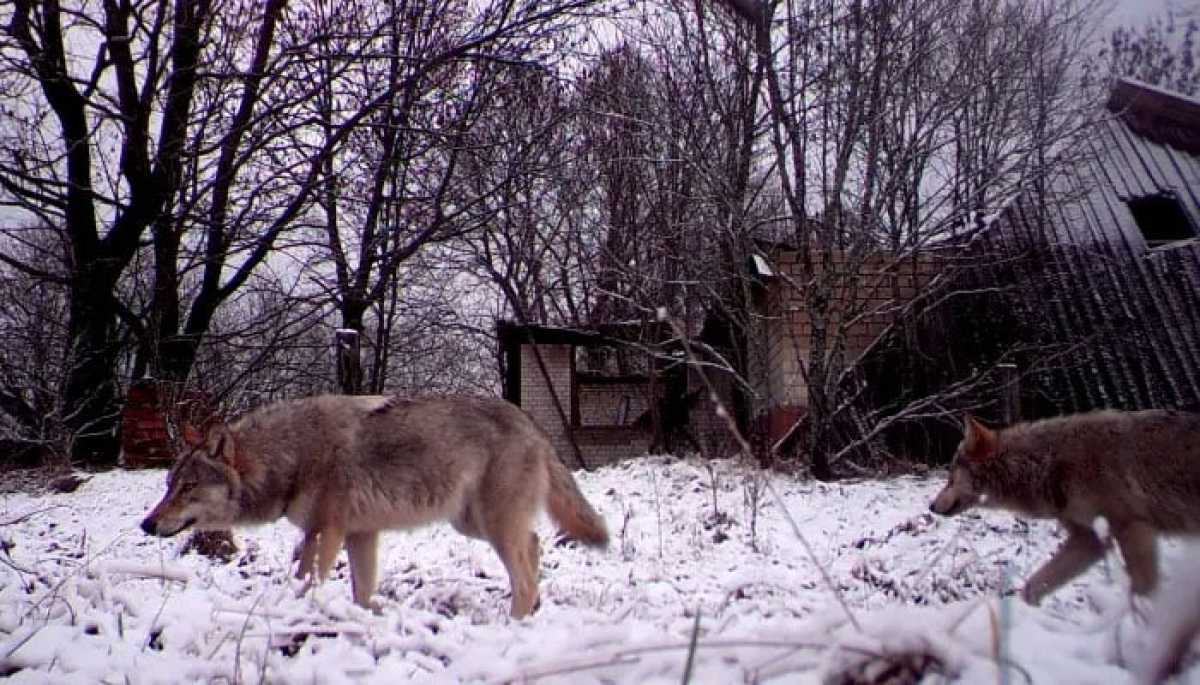Health
Mutant Wolves of Chernobyl Show Genetic Resilience to Cancer-Causing Radiation

Mutant wolves, existing in the remains of the Chernobyl disaster site, have exhibited remarkable genetic adaptability to the cancer-causing radiation that permeates the area. These wolves have developed a unique resilience to the high radiation levels present in the deserted Chernobyl Exclusion Zone (CEZ) since the catastrophic event that occurred in 1986 in Chernobyl, Ukraine. Following the reactor explosion, humans evacuated the nearby town of Pripyat, establishing a 1,000-square-mile restricted zone to protect against cancer-inducing radiation.
Evolutionary biologist Cara Love and a team of researchers have been studying these mutant wolves since 2014. The wolves were equipped with GPS collars embedded with radiation dosimeters, enabling real-time monitoring of their exposure levels. Blood samples were also taken to analyze their responses to the radioactive environment.
Findings revealed that the wolves in the CEZ experience over 11.28 millirem of radiation per day, far exceeding the human safety threshold. Notably, certain genetic regions in the wolves appeared to show resilience to heightened cancer risks, unlike identified mutations such as BRCA that increase susceptibility in humans.
Cara Love presented her team’s discoveries at the annual gathering of the Society of Integrative and Comparative Biology in Seattle, Washington. The ongoing global challenges, including the Covid-19 pandemic and the conflict between Russia and Ukraine, have temporarily paused further fieldwork in the CEZ.












